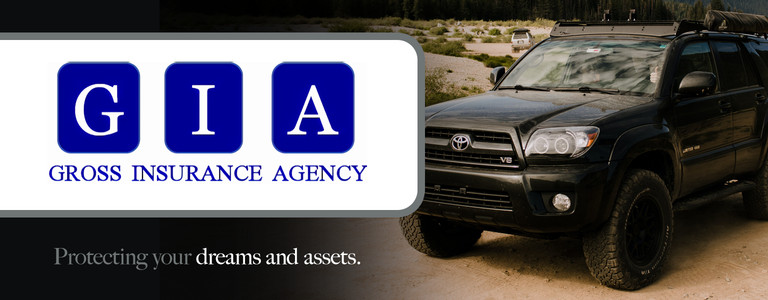 It won’t be too many more years before driverless cars, also called robotic or autonomous cars, will be all around you on the streets and highways of the United States. This will pose interesting questions for the insurance industry, to be sure, and for consumers who may be reluctant to give up control.
It won’t be too many more years before driverless cars, also called robotic or autonomous cars, will be all around you on the streets and highways of the United States. This will pose interesting questions for the insurance industry, to be sure, and for consumers who may be reluctant to give up control.
But, you might ask, what exactly is an autonomous vehicle? A driverless car is actually controlled by an online navigation system and drives without any human input. So far they’re only commercially available as open-air shuttles for pedestrian zones and move very slowly at about 12 mph. The U.S. military has been using these unmanned ground vehicles to navigate difficult terrains since the 2000s, and they’ve been in use in the mining industry since 2008.
One of the most popular prototypes is Google’s driverless car. The car is electric, has a stop-and-go button but no pedals, no steering wheel and the body is composed of mostly plastic materials. Google plans to make at least 200 of these cars over the next year, and sales likely will be restricted to the state of California.
Volkswagen’s prototype, the Golf, can maneuver itself into a difficult parking space without getting a scratch! Mercedes-Benz has the S-Class which in 2013 drove itself down a crowded German road during daytime traffic. Daimler AG is using this technology to develop self-driving trucks.
Robotic vehicles do not suffer fatigue and they do not daydream, so they won’t have accidents because of those singularly human problems. But they may have others. Because these vehicles are controlled by online navigation systems, they could be subject to hackers. They even potentially could be used by terrorists or kidnappers.
Aside from the hijacking threat, there is also the question of liability. Without the consideration of human error, if a robotic vehicle becomes involved in an accident, who is liable for the damages? Is it the driver, who is little more than an observer or passenger, or the automaker? This is still a subject of discussion.
The Boston-based Lux Research Company predicts driverless cars will be an $87 billion market by the year 2030, which isn’t all that far in the future!







